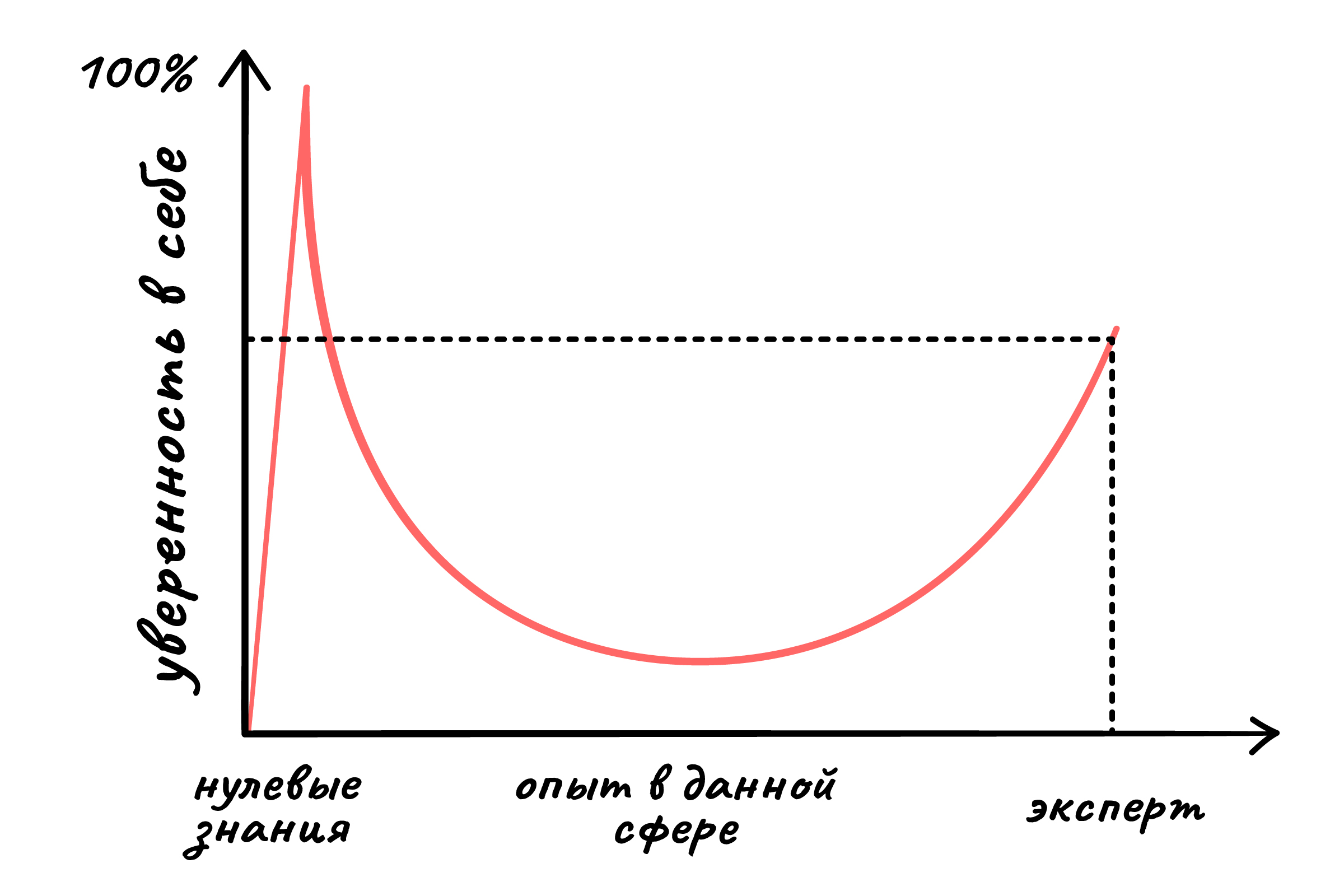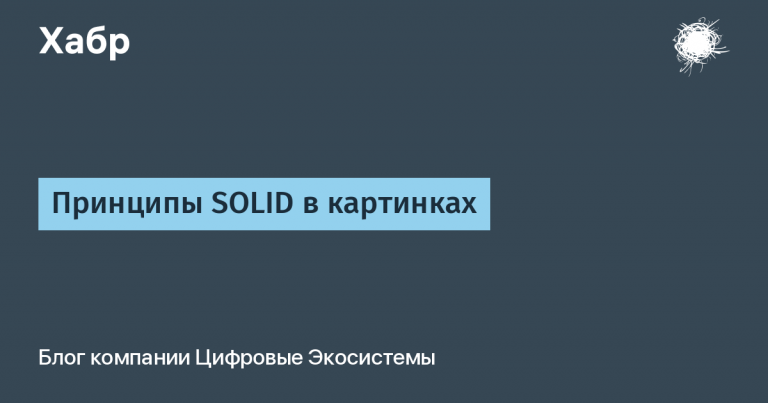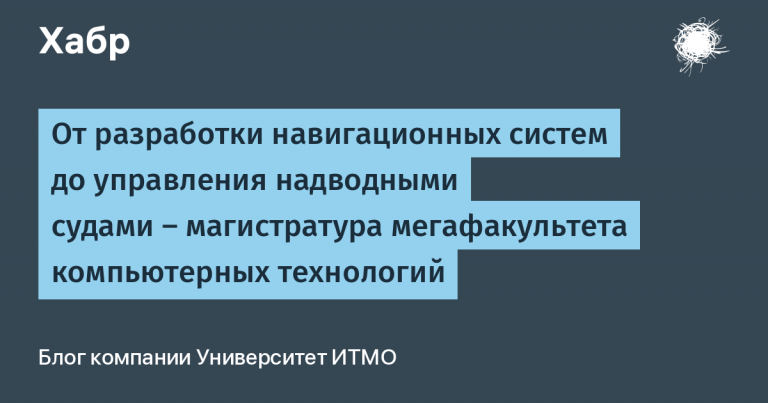What is and what is not the Dunning-Kruger effect
In recent times, many have cited the Dunning-Kruger effect to portray their opponents as incompetent and stupid people. However, the problem is that most of those who mention this effect do not really understand what it is. Therefore, I decided to write a brief review based on scientific evidence and clarify this issue.
1999 Dunning and Kruger Science Paper
Let’s start from the very beginning. In 1999, Justin Kruger and David Dunning conducted a psychological experiment. The researchers gave students several tests on logical reasoning, grammar, and sense of humor, and then asked them to rate their own abilities and how well the students did on the tests. [1].
Here are the graphs with the results from the scientific article by Dunning and Kruger:

Lines with squares mean self-assessment of abilities (eng. perceived ability), with triangles – self-assessment of the test (eng. perceived test score), and with circles – the real level of abilities that the tests showed (eng. actual test score).
Krueger and Dunning interpreted these results as follows: incompetent people tend to overestimate their abilities, while highly qualified people tend to underestimate their self-esteem. Scientists have also hypothesized that this is because incompetent people are not aware of their low level of ability, and for this reason they are not able to correctly assess the level of ability either in themselves or in others.
How the Dunning-Kruger effect is understood by many non-specialists
For most people who read something about the Dunning-Kruger effect on the Internet, it is not associated with real graphs from a scientific article, but with something like this picture:

What’s wrong with him? In general, everything. First, it has nothing to do with the original data and is simply fictional. Second, this figure suggests that incompetent people see themselves as more competent than experts. However, nothing in Krueger and Dunning’s study indicates this, and the scientists themselves have never claimed anything of the sort.
Take another look at the charts from Krueger and Dunning’s article. They clearly show that yes, incompetent people consider themselves much more competent than they really are, but, nevertheless, do not consider themselves as competent as real experts. In other words, the Dunning-Kruger effect indicates a discrepancy between self-esteem and actual level of ability, not that someone is so arrogant that, knowing practically nothing, he considers himself an expert. Of course, such people exist, but they are few and far between, and Kruger and Dunning’s study was not about them.
What exactly is the Dunning-Kruger effect?
There is, however, a more serious problem. More recent research has shown that Krueger and Dunning’s findings are the result of a statistical phenomenon called reversion to the mean and cognitive distortion called illusory superiority [2][3].
reversion to the mean (English regression towards the mean) is a statistical phenomenon in which extreme results tend to revert to the mean. A simple example: children of very tall parents are usually also tall, but still shorter than their parents; likewise, children of very short parents are also usually short, but still taller than their parents—in other words, they end up closer to the population average. In the context of the Dunning-Kruger effect, this means that a student with an extreme test result (that is, very stupid or very smart) is unlikely to be extreme in self-esteem either.
illusory superiority. illusory superiority) is a well-documented cognitive bias in which we tend to overestimate our abilities and traits in comparison to other people. A well-known example from Oli Stevenson’s study of American drivers: 93% of them believe that they belong to the 50% of the population that drives a car better than the other half, and 46% believe that they are among the top 20% drivers [4]. Another example: 87% of Stanford MBA students felt they were in the top half of their students in terms of academic performance. [5]. In this sense, teachers are no different from students: in a survey conducted among the teaching staff of the University of Nebraska, 90% of those surveyed rated themselves above average, and 68% were sure that they belonged to the top 25% of teachers. [6].
findings
Much indicates that the Dunning-Kruger effect as a separate psychological phenomenon simply does not exist – it is a combination of reversion to the mean and illusory superiority. [2][3]. This means that the explanation proposed by Krueger and Dunning is not so much wrong as simply redundant. First, incompetent people do not consider themselves more competent than experts (however, Dunning and Kruger themselves did not claim this). Secondly, incompetent people are not the most self-confident – in fact, all people, including experts, are like that.
Literature
-
Justin Kruger David Dunning Unskilled and Unaware of It: How Difficulties in Recognizing One’s Own Incompetence Lead to Inflated Self-Assessments
-
Joachim Krueger, Ross A. Mueller, Unskilled, Unaware, or Both? The Better-Than-Average Heuristic and Statistical Regression Predict Errors in Estimates of Own Performance
-
Gilles E. Gignaca, Marcin Zajenkowski, The Dunning-Kruger effect is (mostly) a statistical artefact: Valid approaches to testing the hypothesis with individual differences data
-
Ola Svenson, Are We All Less Risky and More Skillful than our Fellow Drivers?
-
Ezra W. Zuckerman, John T. Jost, What Makes You Think You’re so Popular? Self-Evaluation Maintenance and the Subjective Side of the “Friendship Paradox”
-
K. Patricia Cross, Not can, but will college teaching be improved?





